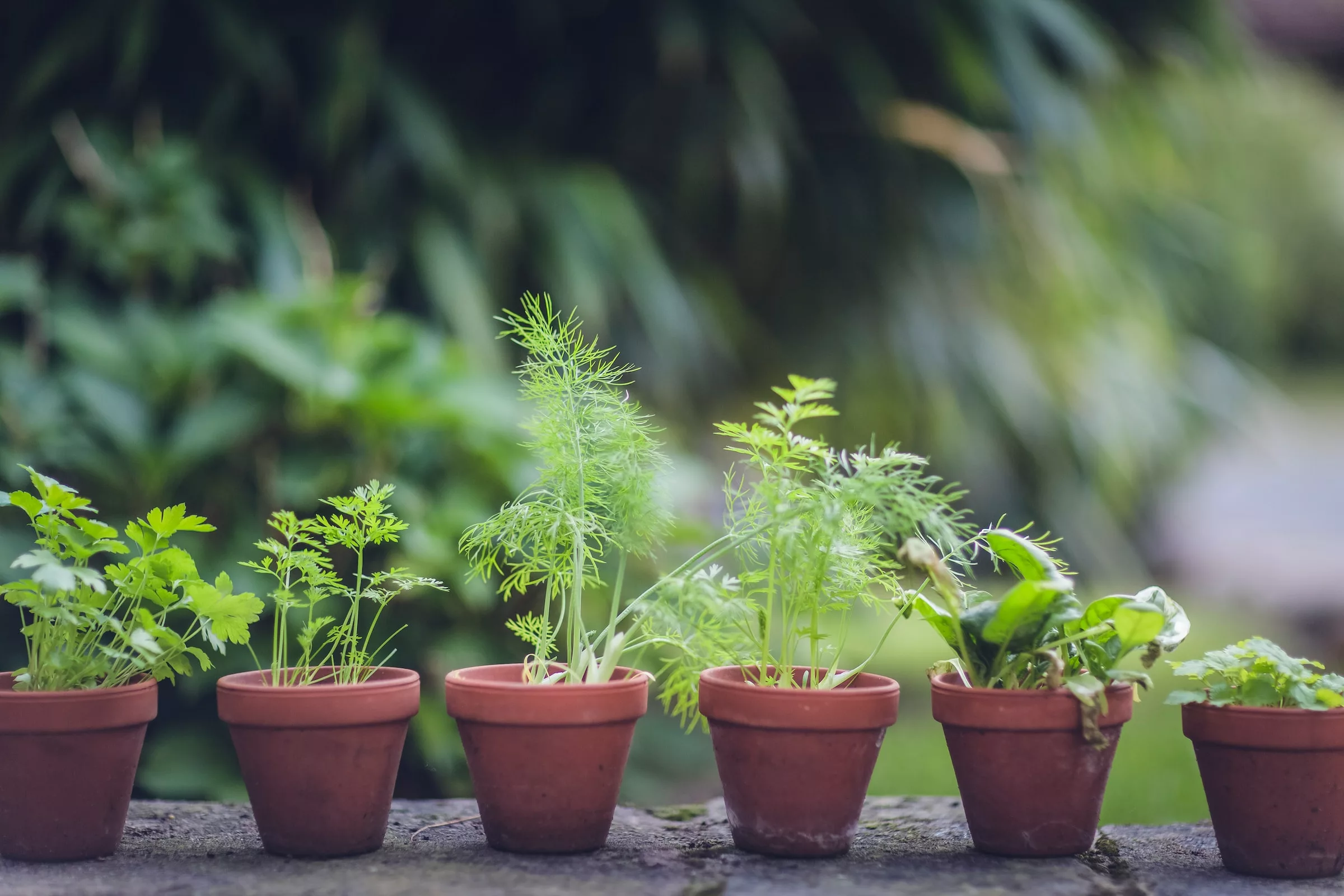Herbs are a fantastic addition to any garden, bringing delightful flavors, fragrances, and even medicinal benefits. Growing and using fresh herbs can be a rewarding and enjoyable experience for any gardener. In this blog post, we’ll explore the various benefits of incorporating herbs into your garden, tips for selecting the right herbs for your needs, and how to harvest and store them for maximum flavor and freshness.
Benefits of Growing Herbs
There are numerous benefits to growing your own herbs, including:
- Flavor: Fresh herbs can greatly enhance the taste of your dishes, making them more flavorful and aromatic.
- Health: Many herbs have medicinal properties that can aid in digestion, reduce inflammation, and boost your immune system.
- Aesthetics: Herbs can add beauty to your garden with their vibrant colors, unique textures, and lovely fragrances.
- Eco-friendliness: Growing your own herbs can help reduce your carbon footprint by cutting down on the transportation and packaging associated with store-bought herbs.
Choosing the Right Herbs for Your Garden
When selecting herbs for your garden, consider the following factors:
- Climate and growing conditions: Choose herbs that are well-suited to your local climate and growing conditions (i.e., sun exposure, soil type, and temperature).
- Culinary preferences: Select herbs that you enjoy cooking with and that complement your favorite dishes.
- Space constraints: Consider the mature size of each herb when planning your garden layout, and opt for compact or dwarf varieties if space is limited.
Some popular herbs to grow include basil, parsley, cilantro, mint, chives, rosemary, thyme, oregano, lavender, and dill.
Planting and Caring for Your Herbs
Follow these general guidelines for planting and maintaining your herb garden:
- Choose a location with well-draining soil and at least six hours of sunlight daily.
- Amend the soil with compost or other organic matter to improve its fertility and structure.
- Plant herbs at the recommended spacing and depth, following the guidelines provided on the seed packet or plant label.
- Water your herbs regularly, keeping the soil consistently moist but not soggy.
- Apply a balanced, organic fertilizer as needed to support healthy growth.
- Prune and trim your herbs periodically to promote bushy growth and prevent them from becoming leggy or overgrown.
Harvesting and Storing Fresh Herbs
To ensure the best flavor and quality, follow these tips for harvesting and storing your herbs:
- Harvest herbs in the morning, after the dew has evaporated but before the heat of the day.
- Use clean, sharp scissors or pruners to snip off the desired stems or leaves.
- Rinse the herbs gently under cool water, then pat them dry with a clean towel.
- Store fresh herbs in the refrigerator, wrapped in a damp paper towel and sealed in a plastic bag, for up to one week.
- To preserve herbs for longer-term storage, consider drying, freezing, or making herb-infused oils and vinegars.
Growing and using fresh herbs in your garden can be a fun and rewarding hobby. With a little planning and care, you’ll be able to enjoy the delightful flavors, fragrances, and health benefits of fresh herbs all season long. Happy gardening!
Join Our Gardening Newsletter for More Tips
If you enjoyed reading this, don’t hesitate to subscribe to our newsletter for a wealth of gardening knowledge and insights. Stay up-to-date on the latest gardening trends, tips, and know-how, and make your green thumb even greener.



